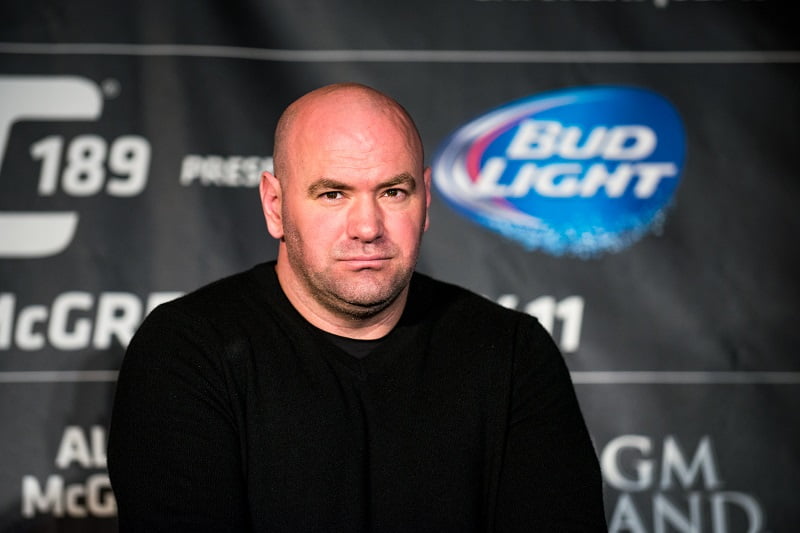The lawsuit filed by the UFC (through its parent company, Zuffa) and several MMA fighters, including Jon “Bones” Jones, Gina Carano, Frankie Edgar and Brian Stann seeking to invalidate New York State’s ban on professional MMA events came to an end yesterday when U.S. District Judge Kimba Wood of the Southern District of New York threw out the case.
In her opinion, Wood ruled that the case had to be dismissed because the plaintiffs lacked standing. Essentially, the plaintiffs could not prove that they had actually been injured by the ban. The fact that the UFC and the MMA fighters had lost out on untold millions because they couldn’t hold a show at Madison Square Garden isn’t enough to show injury under federal law. Indeed, Wood speaks to that point, writing:
Zuffa’s briefing emphasizes that before this lawsuit began, the company refrained from involvement with professional MMA in New York because of its concerns about the Ban. Its decision to refrain from economic activity, however, is not alone sufficient to demonstrate an injury in fact in this case. Zuffa’s inaction must have resulted from an imminent threat of prosecution.
Under federal law, plaintiffs must face an injury that is “actual or imminent, not conjectural or hypothetical.” In this case, the UFC hadn’t demonstrated that it had actual or concrete plans for a professional MMA event in NY – instead, the UFC had requested an opinion from the NY State Athletic Commission. Wood held that the UFC should have spoken with the New York State Attorney General because he, unlike the NYSAC, has prosecutorial powers.
However, it wasn’t all bad news for the UFC. Wood noted that the UFC’s strongest argument for standing occurred the complaint was filed. During a hearing, the AG suggested that Zuffa could promote an event in NY, but then reversed himself afterwards and said all professional MMA was illegal. Because it happened after the complaint was filed, it wasn’t enough to establish standing. Nevertheless, Wood threw the UFC a pretty big bone:
Plaintiffs, particularly Zuffa, may consider filing new vagueness claims based on events that occurred after this lawsuit commenced, including the OAG’s recent statements that the Ban prohibits sanctioned professional MMA (despite its plain language to the contrary). The Court advises Plaintiffs to weigh the merits of a new federal suit against those of a state declaratory judgment action, given that the latter — unlike a federal decision on vagueness grounds — could decisively settle disputes regarding the Ban’s scope.
The UFC could appeal, or do as Wood suggests and file a new action. However, the lawsuit was always Plan B. Plan A was to get the legislature to lift the ban statutorily, and things seem to be picking up on that front. On March 24, the New York State Senate overwhelmingly passed a bill to lift the ban. The Senate, of course, has never been the obstacle, having passed the bill in each of the previous five sessions. The New York State Assembly is where the real battle will be fought, but the UFC is liking its chances now that outspoken foe Sheldon Silver is no longer Speaker of the New York State Assembly.

